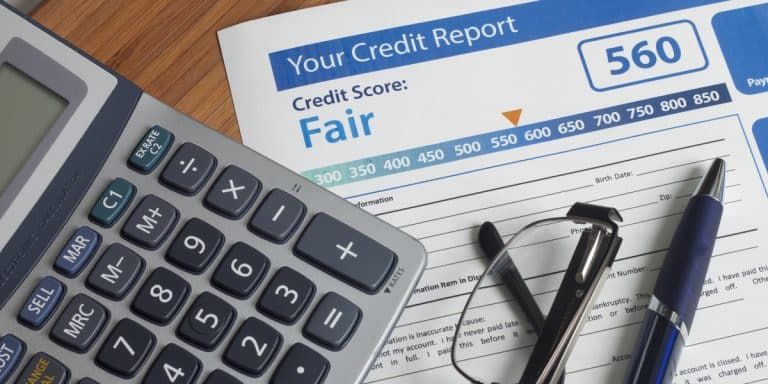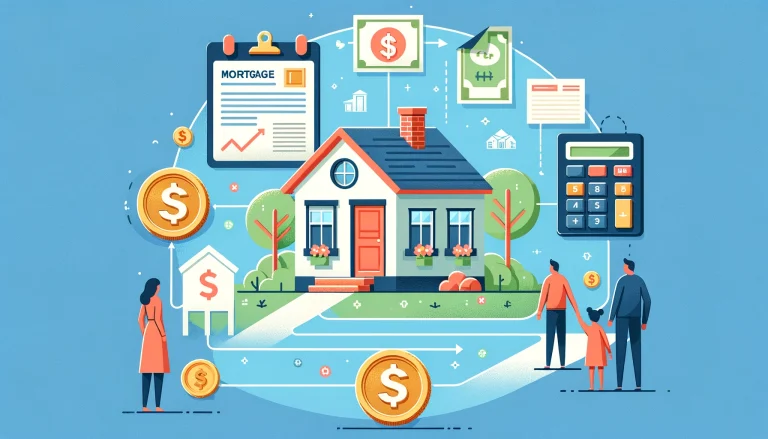Are you aware of what can impact your credit score? Your credit report elaborates information in your credit report that affects your rating.
This includes your payment record, credit utilization, credit history duration, credit variety, and new credit. Fortunately, you can change your spending to make a positive credit score impact.
What are the 5 Factors that Affect Your Credit Score?
Credit ratings like FICO scores were created in order to help lenders identify creditworthy borrowers. They wanted to make sure that people can repay their loans on time.
In response, credit bureaus formulated credit scoring models to assign scores lenders can use to easily assess borrowers. There have been new iterations of the scoring model like VantageScore 3.0, but the factors and scoring ranges remain similar.
Payment History
The heaviest factor of your credit score is your payment history, occupying 35% of the rating. A record of diligent payments assures lenders that you can repay them on time too. If they do, the bureaus raise their credit ratings.
Otherwise, they deduct from peoples’ credit scores.
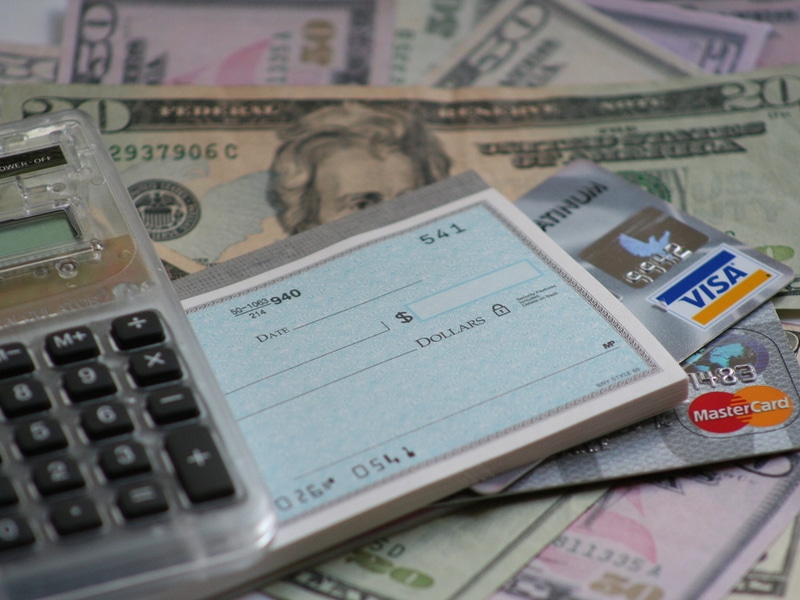
One of the best ways to improve your credit rating is with punctual payments. Actually, it’s often recommended by financial advisors as it enhances the factor with the most credit score impact.
Complete debt payments diligently for a few months to eventually raise your credit. They assure lenders that you’re able to pay on time, so they’re more likely to offer better loans.
Credit Utilization
Credit bureaus measure your credit use in relation to your available credit. This ratio is called credit utilization, and it accounts for 30% of your credit score. If you have too many unpaid balances, this credit score factor drops along with your rating.
As a general rule of thumb, keep your credit utilization below 30% to avoid deductions.
You can minimize utilization every month by paying twice. This lowers your unpaid amount in relation to your credit limit, thereby minimizing your credit utilization. In addition, you can request to expand your credit limit to lower the utilization ratio.
Make sure to still spend wisely as you can be tempted to fill up the increased limit.
Credit History Length
The length of your credit history comprises 15% of your credit score. It considers the average age of your accounts and the age of your recent and past accounts.
Also, it includes the duration your accounts have been active and the length of time since you’ve used each account. Lenders prefer borrowers with extensive records as those yield better results from scoring models.
Opening too many new accounts can have a negative credit score impact. Only open new lines of credit when necessary to maintain your credit standing. Also, avoid closing accounts even if you aren’t using them.
A closed account will not be considered in your credit report after ten years, so your credit rating could eventually decrease.
Credit Mix
If you have various kinds of credit such as student loans and car loans, your rating can gradually increase. It shows that you can handle multiple types of loans, so it assures lenders you can handle theirs.
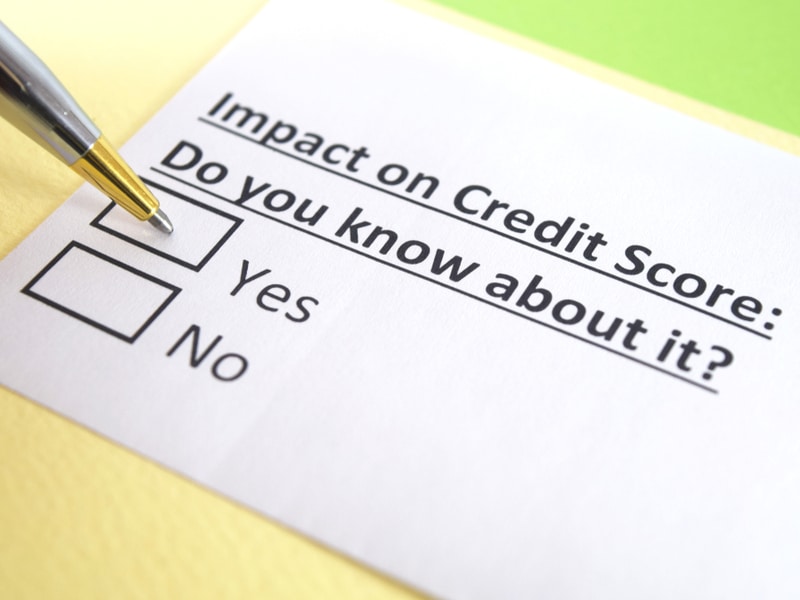
If you only have one kind of debt, this factor may not boost your score considerably. Remember, this accounts for only 10% of your credit score, so you should concentrate on the larger factors.
New Credit
Your new credit accounts make up the last 10% of your credit score. Opening new lines of credit prompts your bank to perform a hard credit inquiry. This often causes credit scores to decrease since it could indicate poor management of personal finance.
The Fair Isaac Corporation checks the number of hard inquiries you’ve made within 12 months to measure this factor.
What Will Bring Down Your Credit Score?
Now that we’ve discussed how you can raise your credit rating, we’ll now explain how you might be bringing it down. If you’ve been doing the opposite of our earlier recommendations, your credit score could have been declining recently.
Adding more debt, repaying them late, and performing hard inquiries are typical causes of bad credit. Worse, your credit can crash if someone opened accounts under your name.
Late Payments
We’ve mentioned that payment history has the most credit score impact, and late payments cause deductions from your credit rating. Remember that it’s 35% of the rating, so make sure to prioritize this when improving credit.
You will need to build a consistent record of punctual payments, so you can eventually raise your score.
High Credit Card Utilization
Credit bureaus contrast the amount you owe to your available credit to check how likely you can repay them on time. You should keep utilization below 30% in order to avoid credit deductions.
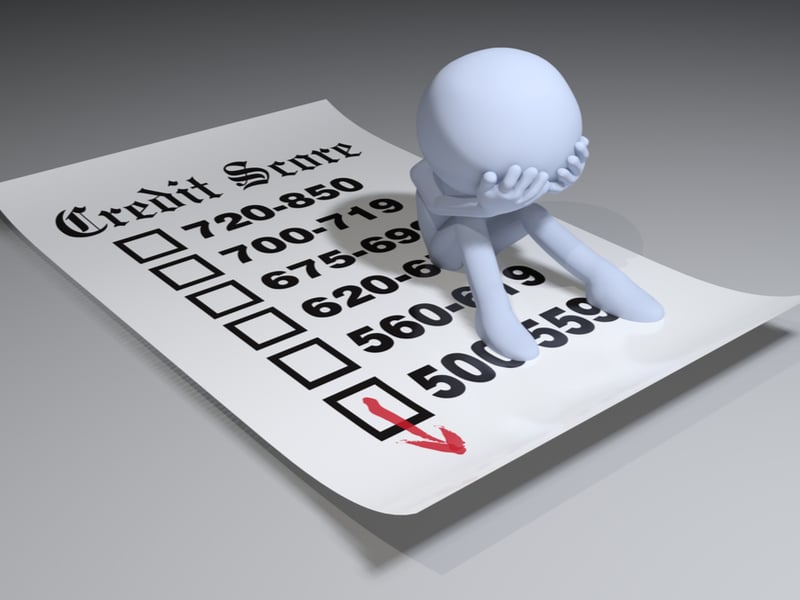
If you’ve been borrowing too much though, it could be lowering your credit score. This will cause your credit use to soar and your credit rating to eventually drop.
Hard Inquiries
What’s more, you may have requested too many hard inquiries due to your excessive credit use. Banks need to perform these inquiries in order to open your new account after all.
As we’ve mentioned, you should use credit only when necessary, so you can maintain your score. Despite being a mere 10% of your rating, it can still help you earn good credit.
Identity Theft
If someone steals your identity, they can freely open lines of credit under your name. Impostors could shackle you with huge debts and destroy your credit rating.
In order to avoid identity theft, you should keep your financial details secure. Review your credit reports regularly, and contact the Federal Trade Commission if you suspect identity theft.
Check What’s Impacting Your Credit Score
In order to improve your rating, you should check for factors that cause negative credit score impact. Thankfully, you can get your credit score for free from your credit bureau. Free credit reports are also considered as soft inquiries, so it won’t tarnish your free credit score.
Start earning a good credit score today, so you can take out better terms for auto loans and other debts.
